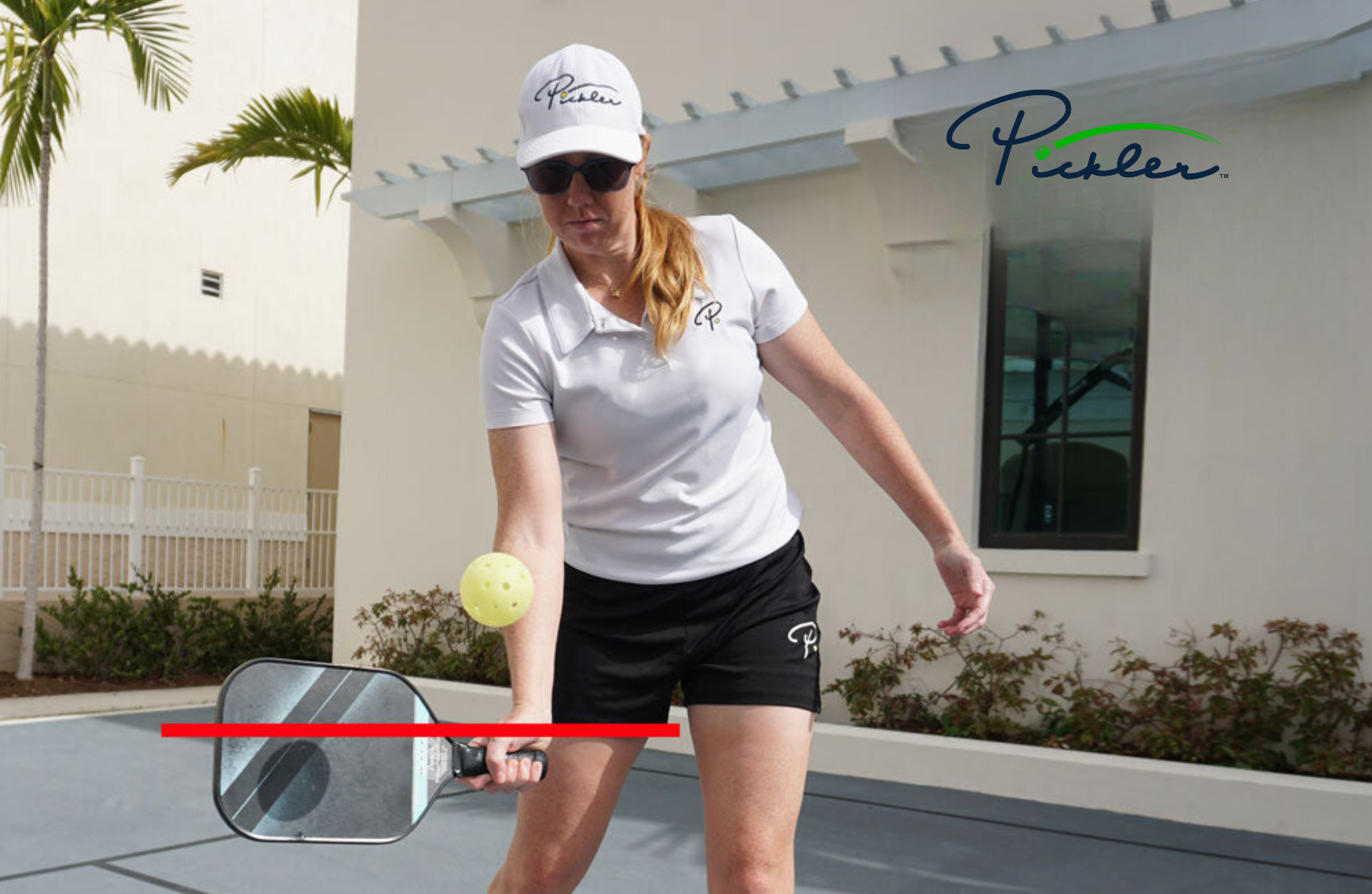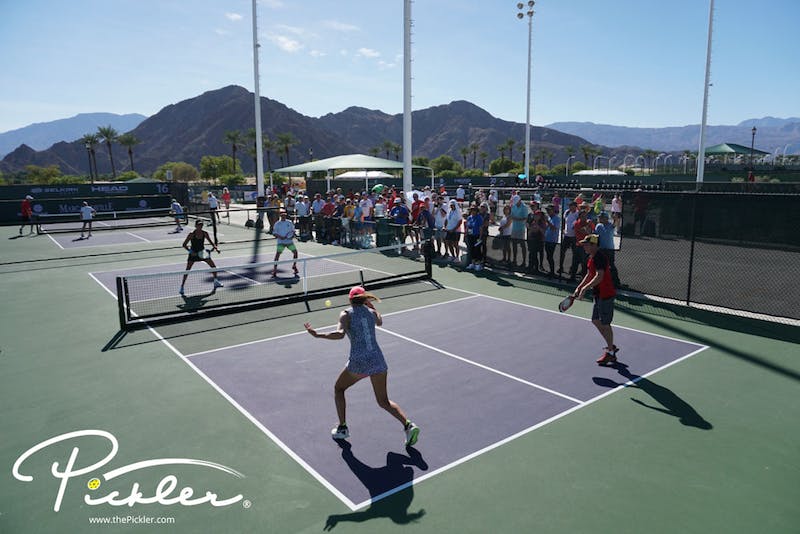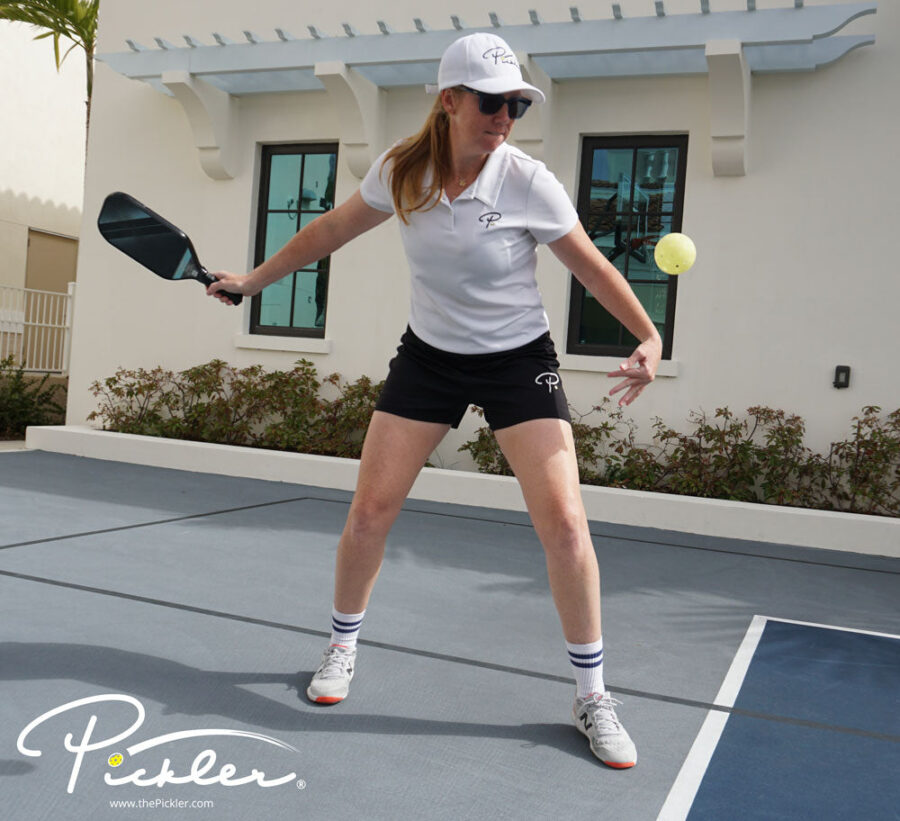By Mark Peifer, USA Pickleball Certified Referee; Past Chairman, USA Pickleball Rules Committee
QUESTION: I’ve read Rule 13.D.1.c, but I don’t understand why, with limited exceptions, I can mention a fault to my opponent if I think they committed it, but I cannot enforce it in non-officiated play. Why can’t I enforce a very clear fault on my opponent? That doesn’t make sense to me.
ANSWER: Let’s first examine the officiated case. When a match has a referee, that official is presumably unbiased and is responsible for making unbiased, objective calls based on their training. The training officials get to make fault calls should not be overlooked as you consider what follows.
On the other hand, individual players are not expected to be unbiased and are not required to be trained to make objective fault calls during play. However, their integrity in making their best attempt to make correct calls is paramount. As you correctly pointed out, Rule 13.D.1.d is applicable. Of note is this:
“…if a player believes an opponent has committed any type of fault other than a service or non-volley zone foot fault as noted in Section 7 – Fault Rules, they may mention the specific fault to the opponent(s), but they have no authority to enforce the fault. The final decision on fault resolution belongs to the player that allegedly committed the fault.”
But what if the player is adamant that someone committed a fault they did not call on themselves? How is that resolved? If the opponents disagree, there has to be a means to resolve the dispute, right? Yes, and there is. More on that in just a moment, but first, let’s look at an example.
For our example, we will use illegal serves and you will be the server. You serve the ball, and your opponent is certain you served above the waist. The best they can do is mention the illegal serve to you, but only you can call it. This is probably a good time to ask this question: Do you really want an untrained opponent to be able to call illegal serves on you Of course, the rules COULD say that if the person serving the ball disputes the call of their opponent that their serve was illegal, the person serving can overrule the call. How would that play out in reality? (Hint, we might see some illegal spin imparted on the ball before the serve, with no recourse in the rules.). Alternatively, what if the rules permitted the person making the call to have the final say on whether the serve is legal or not? Then we’d probably see some people calling many serves illegal, with no recourse by the server.
How about the ability to call a fault on you because the ball double bounced or better yet, hit you in the arm? How often has an opponent been convinced the ball hit your forearm, but you have the red mark proving the ball hit the back of your hand?
Hopefully, a pattern is beginning to emerge here, explaining why it’s not a particularly good idea to have rules that would allow players to call a fault on their opponents and why Rule 13.D.1.c is written the way it is. It’s not too hard to see where chaos could result on the court.
I promised I would provide the remedy – what you can do – if you are convinced a fault was nevertheless committed by your opponent and they did not call it on themselves.
There is a little-known passage in the Rulebook on Page 1 titled “The Players.” Every player should be familiar with it. Here it is: “Players strive to cooperate when confronted with a situation not covered by the Rulebook. Possible outcomes can be a replay, allowing the rally to stand, or in extreme cases, asking for a referee to resolve a dispute.”
If, after mentioning a fault to your opponent, they disagree, then you are stalemated and you have a situation not covered by the Rulebook. Using the guidance above, in most cases, a replay results. By both parties resolving to replay, there is no clear advantage for either party to cheat, which goes along with the sportsmanship spirit of pickleball overall: to play and make calls with integrity.



